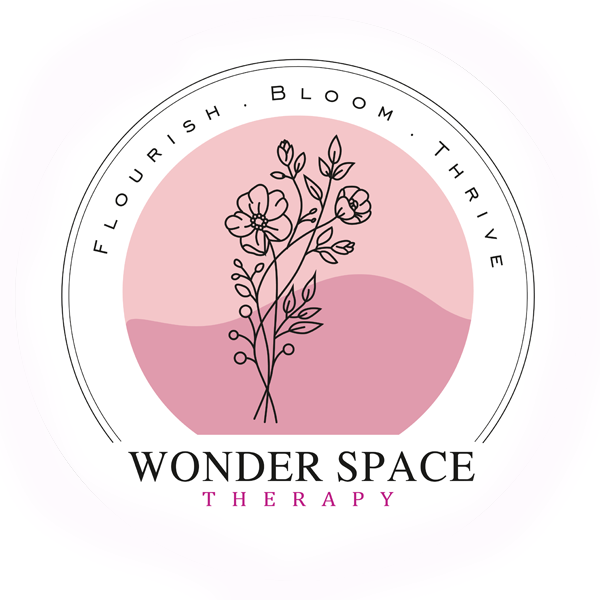Group Therapy: Strength in Collective Healing
Group Therapy is a form of psychotherapy that involves one or more therapists working with a small group of individuals. This approach leverages the dynamics of the group to foster healing, support, and personal growth. Participants share their experiences, learn from others, and receive feedback in a safe, structured environment. Group Therapy can be particularly effective for individuals seeking to overcome challenges in a collaborative setting.
What is Group Therapy?
Group Therapy is based on the idea that discussing problems and emotions with others who have similar experiences can be therapeutic. The group setting allows individuals to gain new perspectives, receive support, and develop social skills that contribute to their overall well-being. The therapist guides the group, ensuring that sessions are constructive and respectful.
Core Benefits of Group Therapy
- Support and Understanding: Group Therapy provides a sense of community and validation. Hearing others share similar struggles can help individuals feel less isolated and more understood.
- Feedback and Insight: Participants can receive valuable feedback and insights from both the therapist and fellow group members. This exchange can help individuals gain new perspectives and identify patterns in their behavior.
- Skill Development: Group settings offer opportunities to practice social and communication skills in a supportive environment. This can be particularly beneficial for those working on interpersonal relationships or social anxiety.
- Affordability: Group Therapy is often more cost-effective than individual therapy, making it an accessible option for many people seeking support.
How Does Group Therapy Work?
Group Therapy sessions typically involve a group of 6-12 participants and a trained therapist. The sessions usually follow a structured format, including introductions, discussion of current issues, and guided exercises or activities. The therapist facilitates the group, encourages participation, and ensures that the group dynamics remain positive and productive.
Applications of Group Therapy
Group Therapy can be effective for a wide range of issues, including:
- Depression and Anxiety: Provides a supportive environment where individuals can share their experiences and learn coping strategies.
- Substance Abuse: Offers a structured setting for individuals to discuss their recovery journey and receive support from others with similar experiences.
- Stress Management: Helps participants develop stress-relief techniques and gain support from others facing similar challenges.
- Social Skills Development: Assists individuals in improving their communication and interpersonal skills through practice and feedback.
Contrasting Group Therapy with Individual Therapy
While Group Therapy and Individual Therapy are both valuable therapeutic approaches, they offer different experiences and benefits.
Focus
- Group Therapy: Focuses on the dynamics and interactions within a group setting, providing support and feedback from multiple perspectives.
- Individual Therapy: Centers on one-on-one interactions between the therapist and client, allowing for personalized attention and exploration of individual issues.
Techniques
- Group Therapy: Utilizes group discussions, shared experiences, and interactive exercises to facilitate healing and growth.
- Individual Therapy: Employs techniques tailored to the individual's needs, such as cognitive restructuring, emotional processing, and specific therapeutic interventions.
Benefits
- Group Therapy: Offers support from peers, diverse perspectives, and a sense of community, often at a lower cost.
- Individual Therapy: Provides personalized attention and a focus on individual goals and challenges, allowing for a deeper exploration of personal issues.
In summary, Group Therapy provides a unique therapeutic experience by harnessing the power of collective support and shared experiences. While it differs from Individual Therapy in focus and approach, both methods offer valuable benefits and can be effective depending on the individual's needs and preferences.

